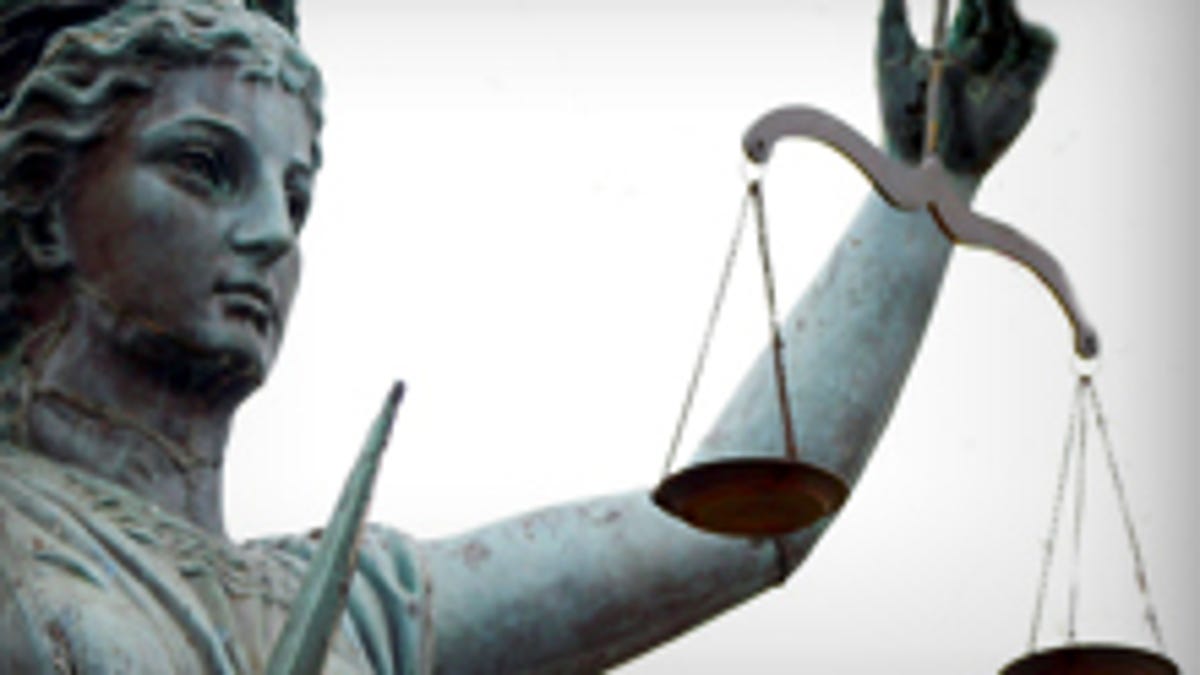Apple pitches its underdog cred in Samsung trial
Apple made the case that it was an underdog going into the phone biz during its opening statements in the trial between it and Samsung.

SAN JOSE, Calif. -- Apple began day two of the trial between it and Samsung with opening statements depicting it as an underdog that came into the phone industry and changed the game.
Harold McElhinny, a partner at Morrison Foerster representing Apple, kicked off the case by saying the company had bet the farm on the iPhone in 2007, and competitors (though particularly Samsung) proceeded to copy it, leading to big profits and lost sales on Apple's part.
"Apple had absolutely no name in the field, no credibility. (The iPhone) was an entry that had it gone bad, could have ended the company's future," McElhinny said. "On January 9, 2007 when Steve Jobs and Phil Schiller went through that presentation, they were literally betting their company."
Apple's argument involved showing photos of Samsung's phones before and after 2007's iPhone, as well as the company's tablets ahead of 2010's iPad release.
"How did Samsung get to here in 2006 to here in 2011?" McElhinny asked, while showing Samsung products released during those years.
To spell that out, McElhinny walked jurors through what he said were ways Samsung copied some of the software technologies, pointing to internal Samsung documents with side-by-side product comparisons and notes from the company urging to adopt software features -- including the look and feel of icons and built-in gestures.
Some of the ammunition to back that up are a series of patents both for product design, and built-in software Apple was granted beginning in 2005. "We can't do 100 patents in this trial," McElhinny said half-jokingly. Instead, he said the company had selected a "spectrum" of patents to make its case.
Covered in that spectrum are 12 claims, spread out over four design patents that cover the iPhone and iPad, as well as three user interface patents covering user gestures like scrolling, zooming, and a feature that provides a virtual "bounce back" when reaching the end of a page.
Samsung, of course, has its own set of patents -- five of which are aimed in Apple's direction. In its opening statement, Apple's legal team said that Samsung "never said a word" about these patents while it was a business partner with Apple, despite the fact that it was supplying parts for the iPhone. Apple also said there were contractual issues over the licensing of these patents, including disclosures to the European Telecommunications Standards Institute that bring up antitrust issues.
Both companies made their initial positions clear in pre-trial briefs filed last week. For Samsung, it was that Apple was infringing on five of its patents, which are crucial in wireless handsets. Apple's, meanwhile, focused on the designs of Samsung phones before and after the iPad, as well as its business relationship with Samsung, from which it buys components that go into its phones and tablets. McElhinny said that relationship would be discussed in more detail as the trial progressed.
During yesterday's trial kickoff, U.S. district court judge Lucy Koh selected the 10-member jury, a process that took the majority of the day due to lengthy questioning that weeded out employees from both companies, as well as those with family connections. Today began with one of those jurors being excused after noting that her employer would not pay all of the trial, which is expected to run about four weeks. Apparently the trial can move on with just nine jurors.
Next up are Samsung's opening statements, where the company will detail its plans for the case.

